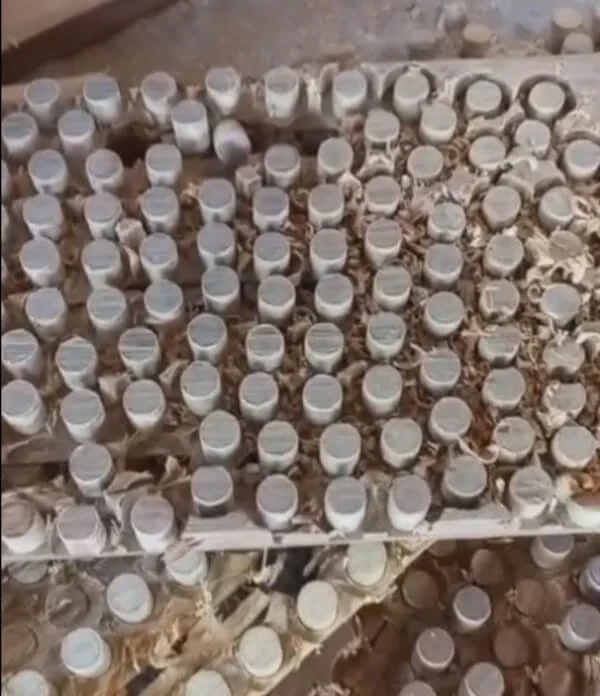In the world of woodworking, there's something inherently special about breathing new life into old materials. Reclaimed wood, with its weathered charm and rich history, holds a unique allure for craftsmen and DIY enthusiasts alike. a
However, working with reclaimed wood presents its own set of challenges, particularly when it comes to repairing the scars of its past life – enter wood plugs.
Embracing Imperfections
One of the defining characteristics of reclaimed wood is its imperfections. Nail holes, knots, and other blemishes are not flaws to be hidden but rather marks of the wood's journey and previous purpose. When we recycled old wood boards from disused structures, we knew we were embracing these imperfections as part of the wood's story.
The Role of Wood Plugs
Wood plugs play a crucial role in the restoration process, allowing us to fill large holes and gaps left behind by nails, screws, and other fixtures from the wood's previous life. These holes, once eyesores, become opportunities for creativity and craftsmanship.
Preparing the Surface
Before inserting wood plugs, we take the time to prepare the surface properly. This may involve cleaning the area around the hole, removing any debris or old finish, and sanding the surface to create a smooth and level base for the plug.
Inserting and Securing the Wood Plugs
Once the surface is prepared, we apply wood glue to the inside of the hole and carefully insert the wood plug using a hammer or mallet. For larger holes, we may use multiple plugs or combine plugs with wood filler to achieve the desired result. Once inserted, we ensure that the plugs are slightly below the surface of the wood to allow for sanding and finishing.
Finishing Touches
After the wood plugs are in place, we allow the glue to dry completely before proceeding with any additional finishing steps. Once dry, we use a chisel or flush-cut saw to trim the excess wood plug flush with the surface of the wood. Finally, we sand the repaired area smooth and apply a finish or stain to match the surrounding wood, seamlessly blending the repaired area into the rest of the surface.
Preserved history
Working with reclaimed wood is a labor of love, requiring patience, skill, and an appreciation for the material's history. By embracing imperfections and utilizing techniques like wood plugs, we're able to breathe new life into old wood boards, transforming them into beautiful and functional pieces that tell a story of resilience and renewal. With each repair, we honor the past while creating something new, bridging the gap between history and modern craftsmanship.







